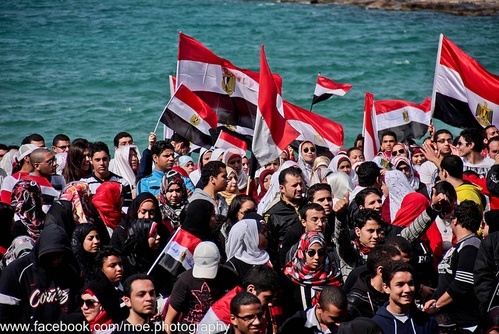
Violence and persistent divisiveness in Arab Spring democracies threaten to scuttle transition.
Democracy comes from negotiation and substantial compromise : Arab Spring countries in turmoil two years on
Tunisians, already troubled by the rise of radical Islamists, are eyeing the political and economic paralysis gripping their country with a dismay shared across much of the region two years after the Arab Spring began. In Sidi Bouzid — the central town where Mohamed Bouazizi set himself on fire on December 17, 2010, an act of desperation that sparked Tunisia’s uprising and touched off the Arab Spring — celebrations are planned to mark the anniversary.
But reflecting the country’s political divisions, part of the celebrations committee resigned in protest on Thursday, complaining of a “stranglehold” over the event by the ruling Islamist party Ennahda.And an anti-government rally is expected on the day, by opposition activists angry at their leaders’ failure to kick start a recovery and improve living conditions.
Residents of the restive town are almost unanimous that nothing has changed since the ouster of dictator Zine El Abidine Ben Ali in January 2011, with unemployment, a driving factor behind the uprising, continuing to plague the region.
See more here.
Leave a Reply